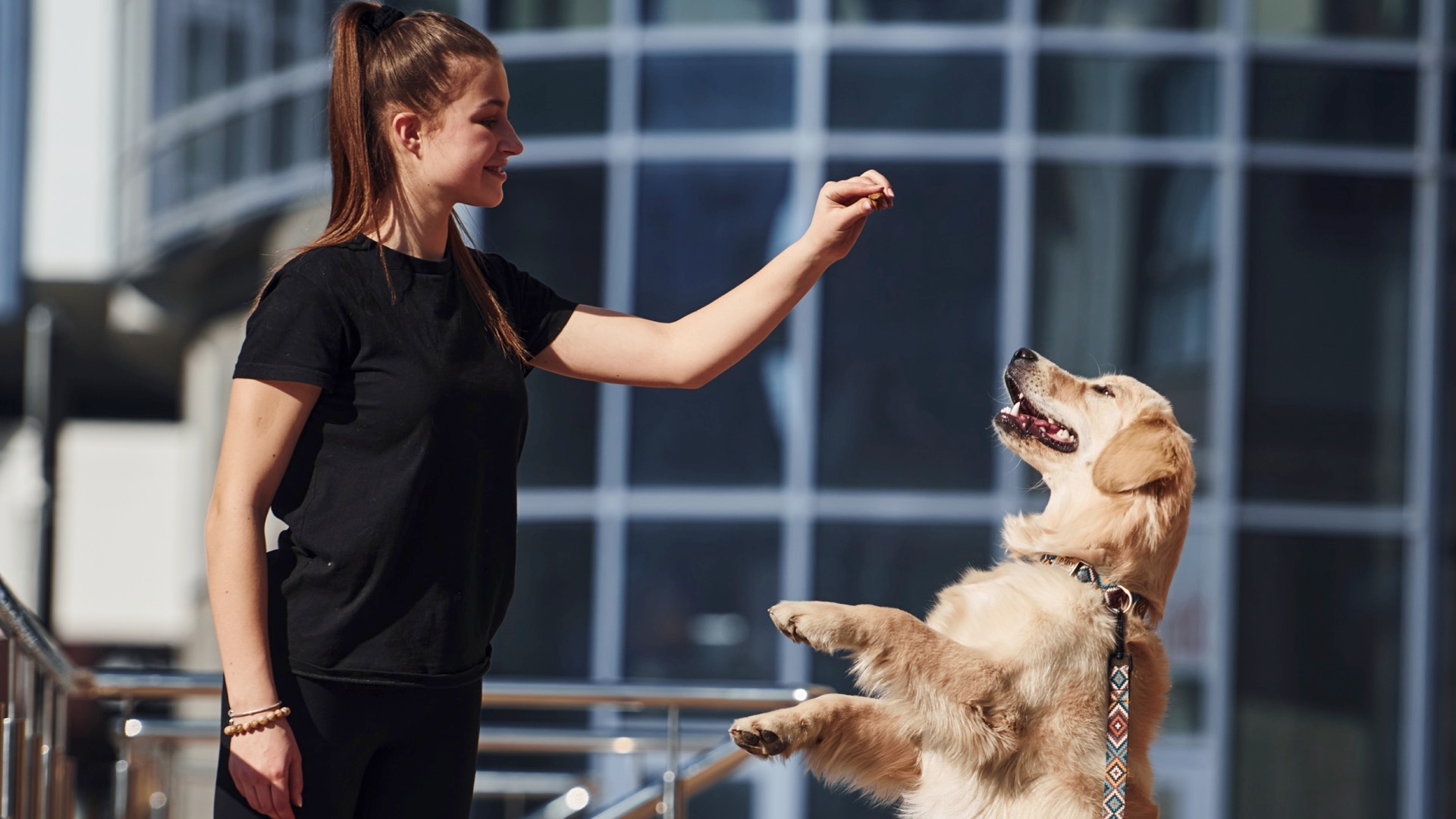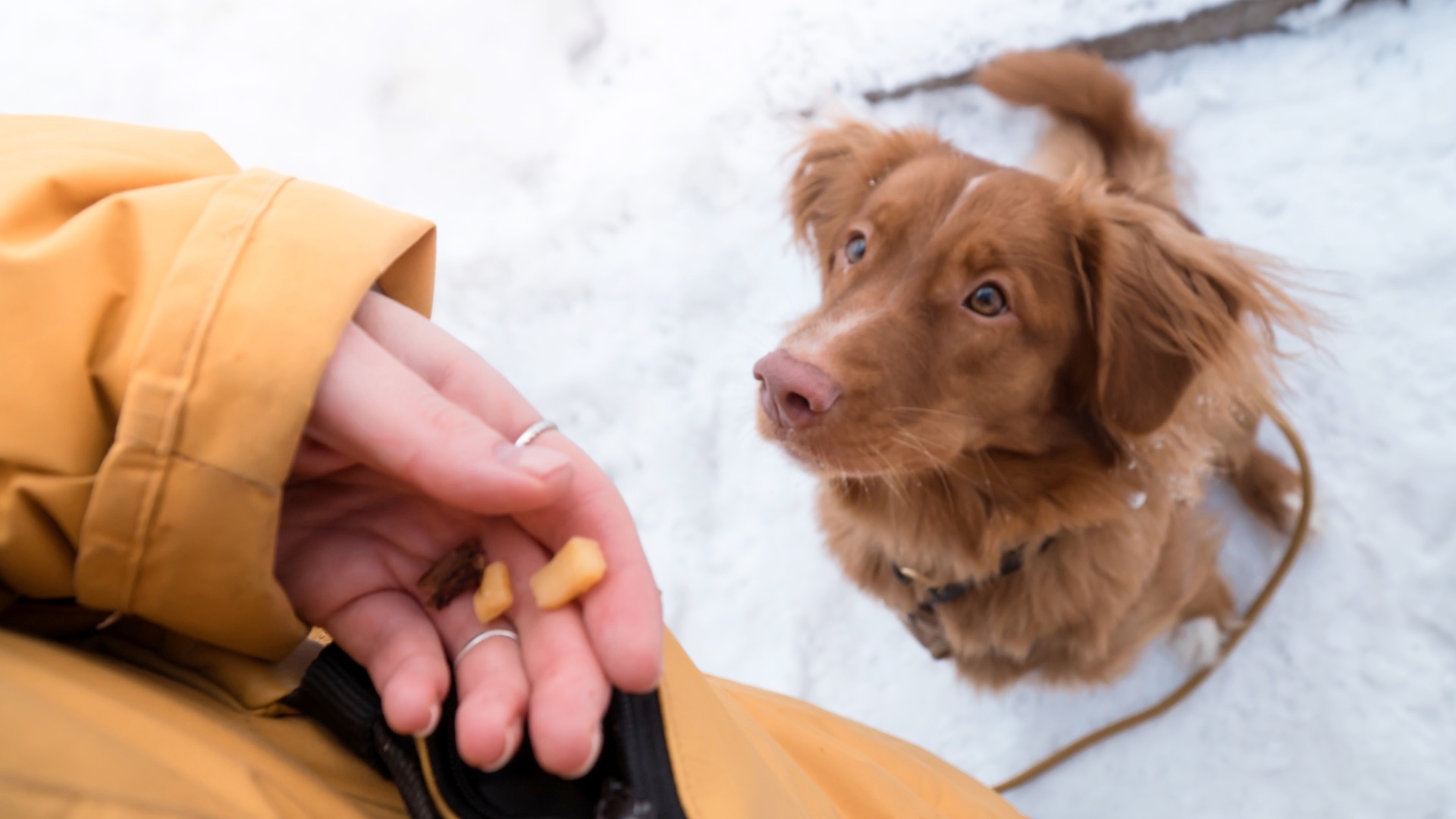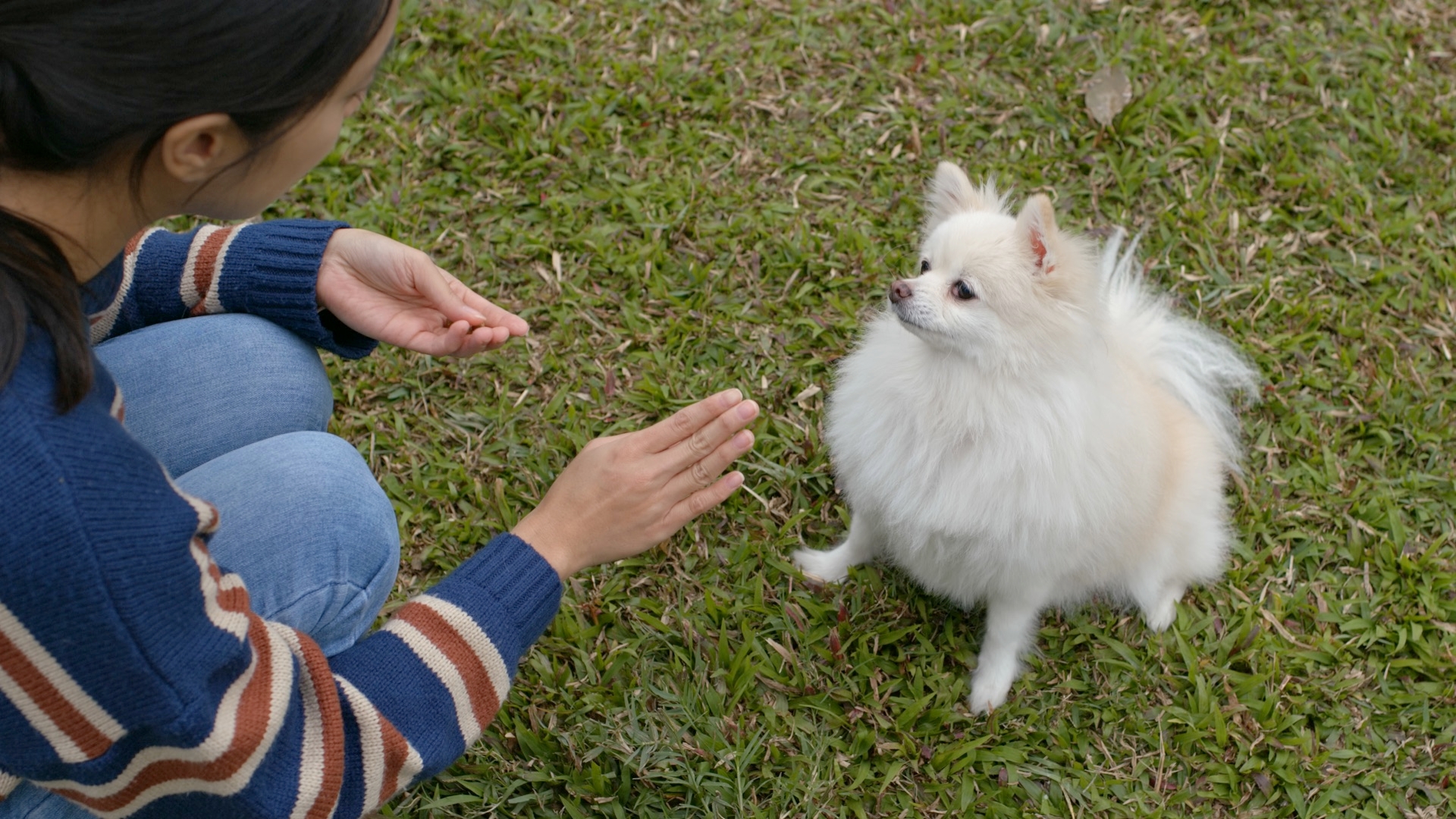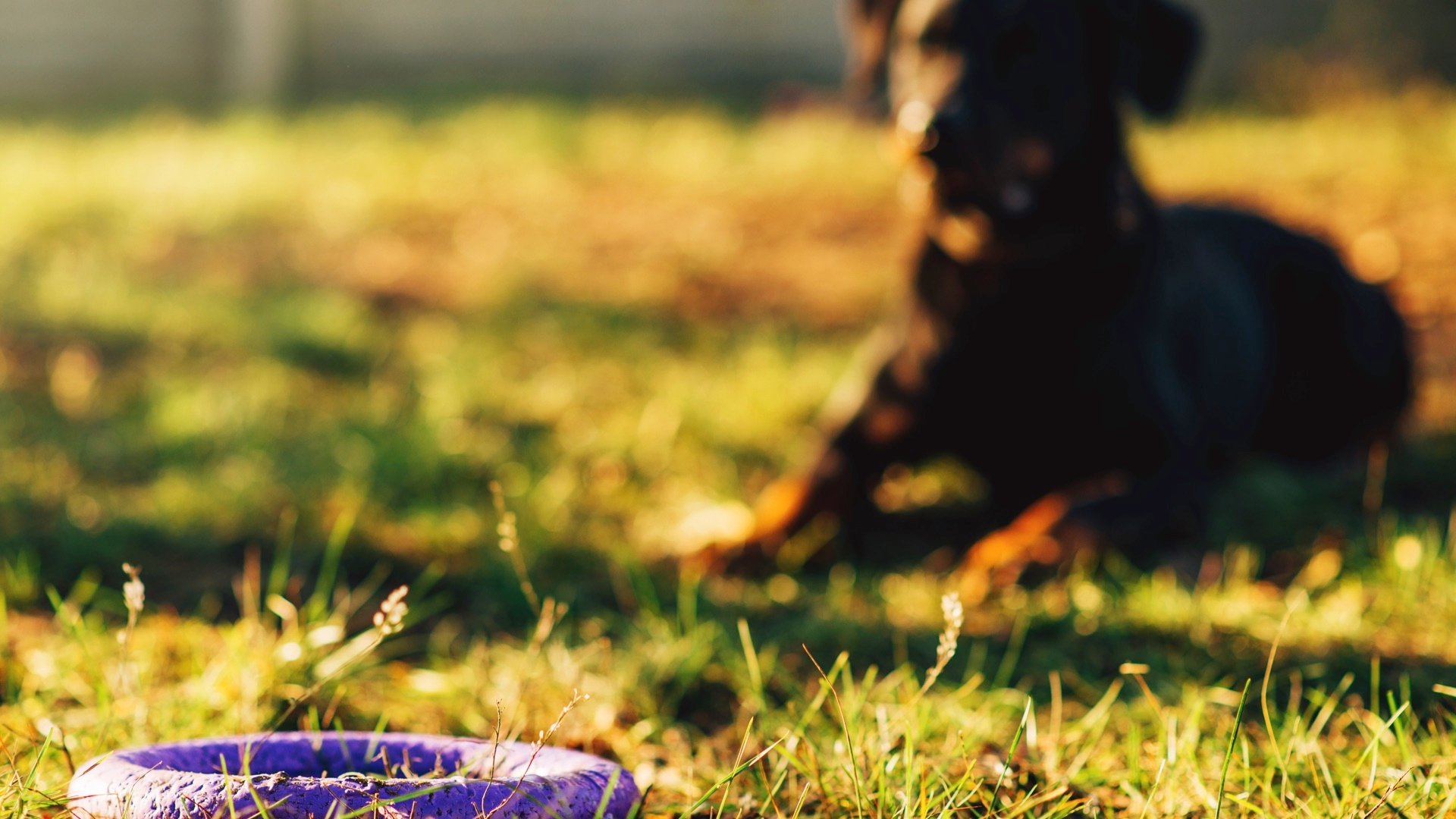Pet Training:
The tag "pet training" relates to: cat, dog, dog behaviorist, dog training, pet health, pets, positive reinforcement, responsible pet ownership, tips, and training. For more tags, view our complete tag index.
The following blog entries have been tagged "pet training".
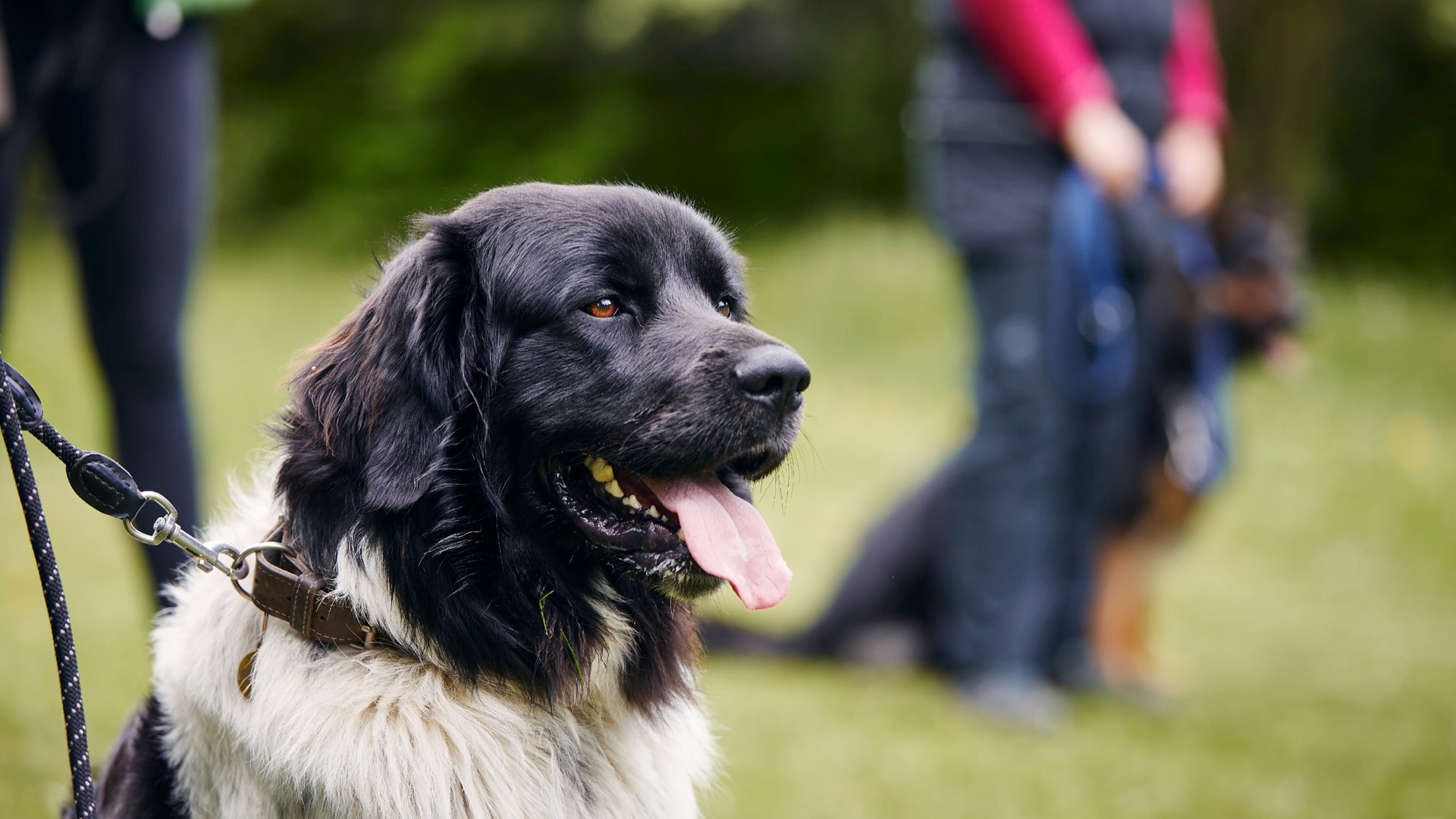
If you want to get started training your dog correctly but aren't sure how, then you are in the correct location. One thing about proper dog training is the more knowledge you have, the more effective your dog training is. This article will help you determine precisely what information applies to you and your canine.

Many people believe that cats are too independent or apathetic to respond to people's attempts to modify their behavior. But the failures people have experienced when attempting to alter their cat's behavior are not the fault of the cat. Rather, they are misunderstandings between humans and felines.
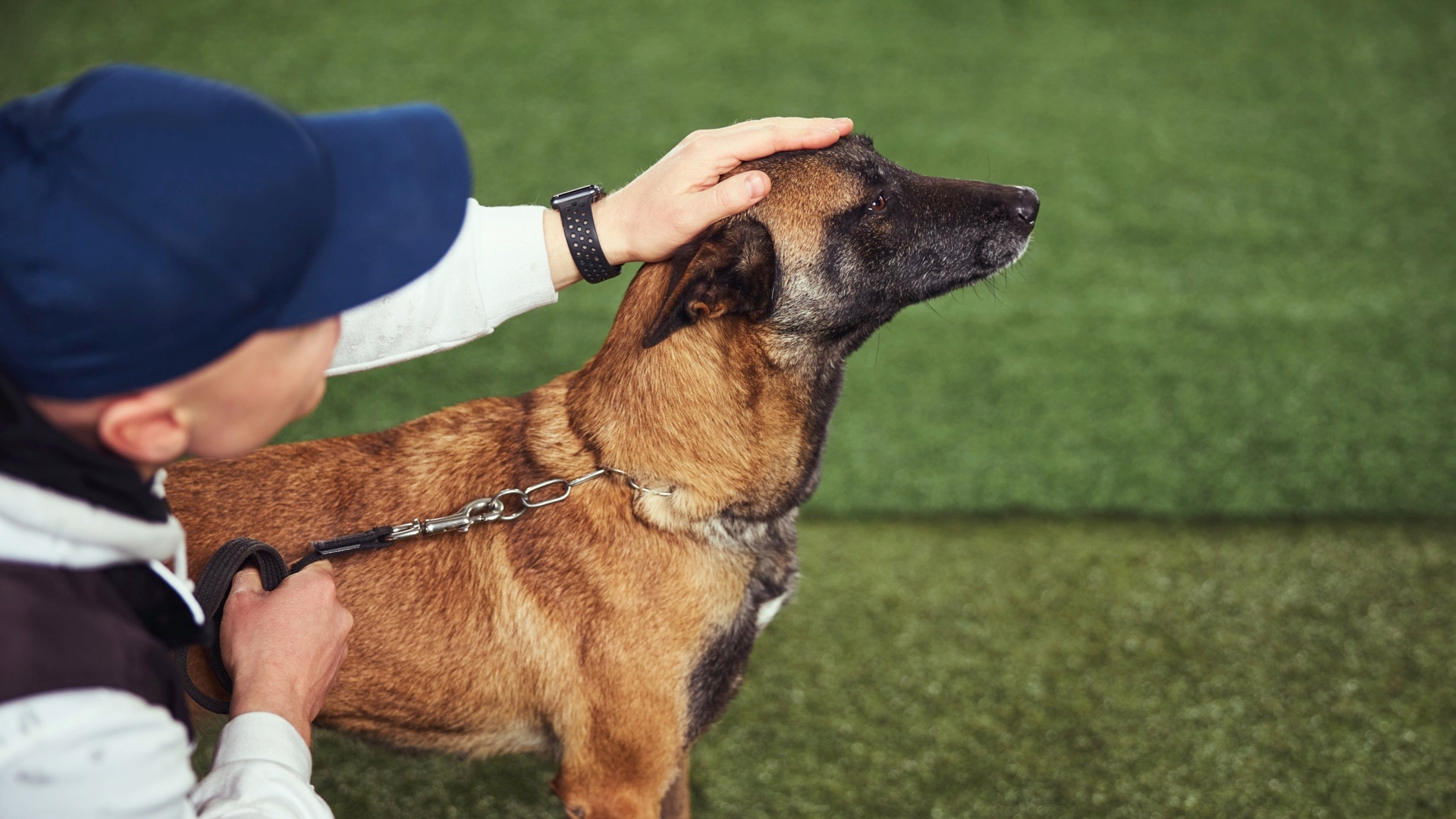
If you are a new dog owner or planning on owning one soon, it's important to recognize the value of proper training. Untrained dogs may have traits you don't like. They may bite you or your family members. So if you want your pet to behave properly, you should give it proper training. Proper training can come from a trainer or dog training academy.
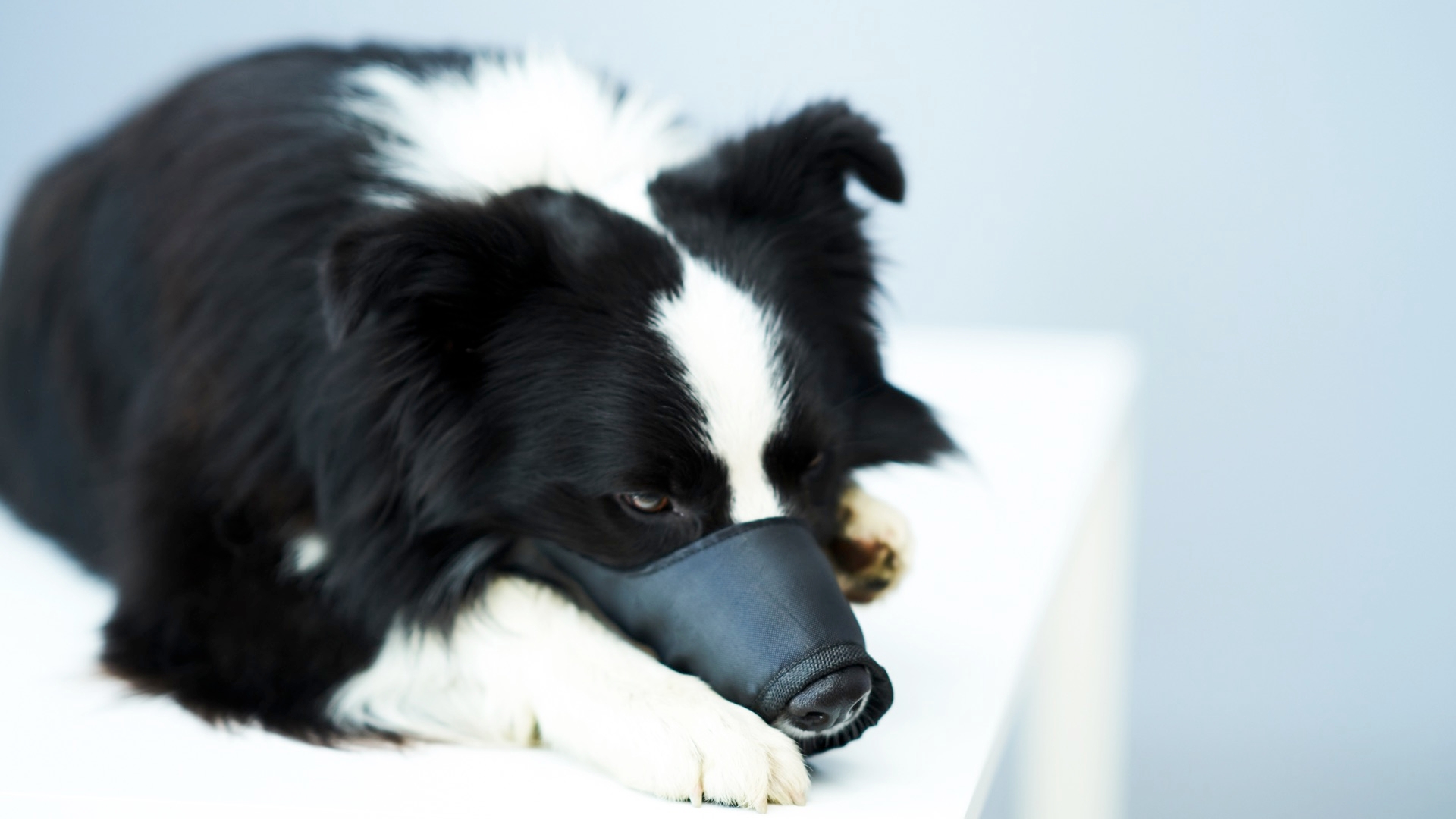
To help your dog learn to wear a muzzle, we recommend using a technique called “Desensitization and Counter conditioning.” This process helps turn a scary or disliked item into something fun and positive. When using desensitization and counter conditioning, it is important to progress slowly and at a pace where your dog stays calm and relaxed. If you rush the process, the training will not be effective.
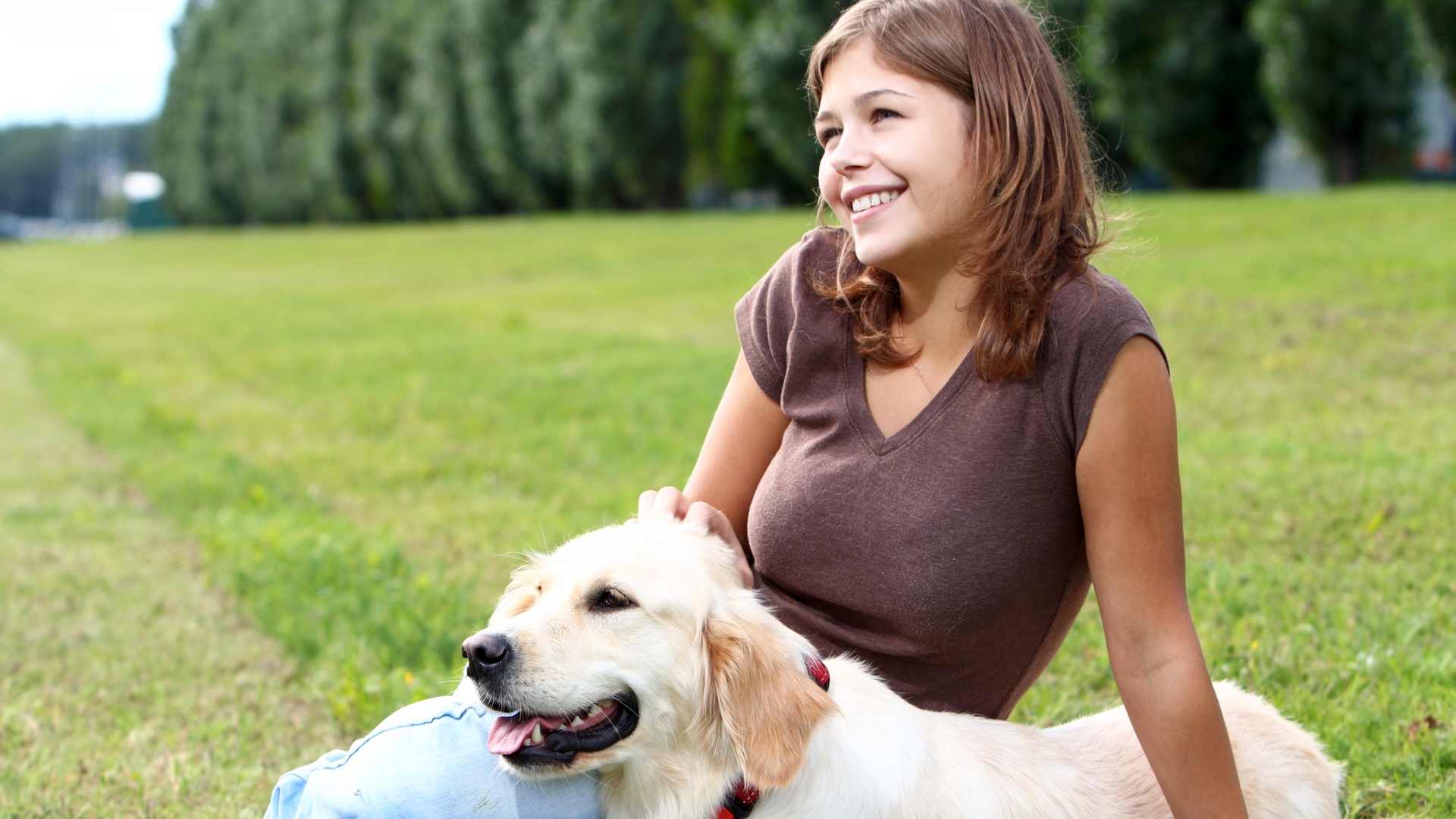
Waving a magic wand won't produce a terrific dog. A well-behaved dog is a product of genetics, training, and loving home. If you are having issues with your dog's behavior, maybe you should consult with a dog behaviorist. Do you know what a dog behaviorist is? And did you know that there is a difference between a dog trainer and a dog behaviorist?

Behavior is the way an animal acts. An animal's action or response to a stimulus is a behavior. Walking, swimming, flying, eating, blinking, and breathing are all examples of behavior. Animals behave in specific ways for four primary reasons. Animal behaviors are primarily strategies for survival. Animal training is the act of teaching animals specific responses to specific conditions or stimuli.
